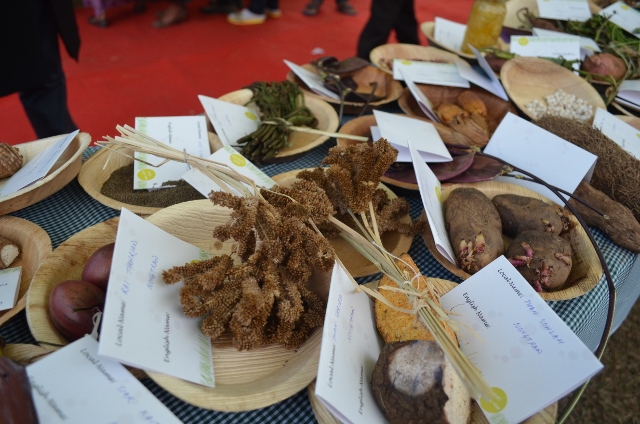Indigenous diets can help fight modern illnesses, say health experts.
Traditional food consumed by rural communities contain nutrients that are lacking in high and middle-income countries
Unprecedented levels of chronic non-communicable diseases are prompting calls to revert to the diets of our ancestors to regain lost nutrients. It is believed that such a shift would help…
0 Comments
February 3, 2014

